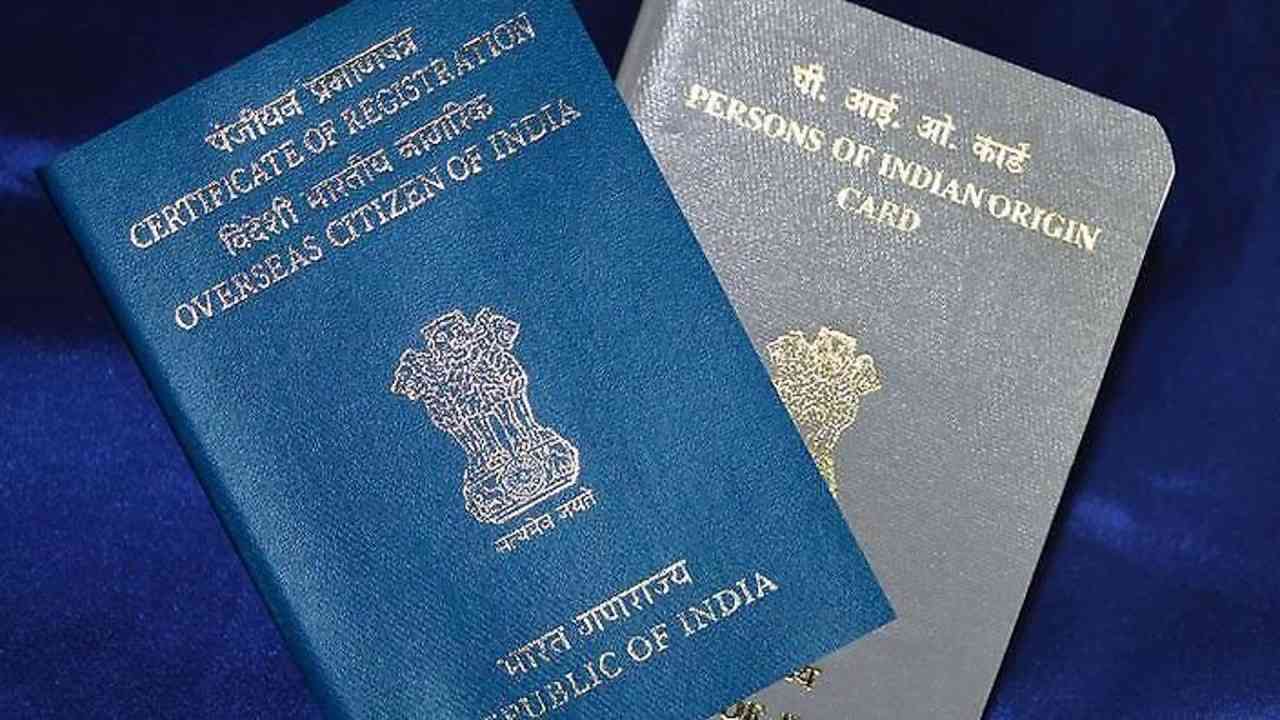The Government of India has extended the deadline for conversion of one’s Persons of Indian Origin (PIO) card to the Overseas Citizen of India (OCI) card until December 31, 2021.
Although the processing of applications is done within a week’s time, PIO cardholders are encouraged to apply for their OCI cards as soon as possible. The Indian government merged its PIO and OCI programmes in 2015.
Despite the fact that the Indian government considers all PIO cardholders to be OCI cardholders, the former should apply for machine-readable OCI cards in order to continue cross-border travel. PIO cards will become invalid after the new deadline and the cardholders who have not applied for their OCI cards will have to obtain a visa or exit permit to enter India.
Who is a Person of Indian Origin (PIO)?
A foreigner (except a national of Pakistan, Afghanistan, Bangladesh, China, Iran, Bhutan, Sri Lanka, and Nepal) who possessed an Indian passport at any point in time or whose parents, grandparents, or great grandparents were Indian nationals is referred to as a Person of Indian Origin. PIOs, on the other hand, are not allowed to be employed in Government of India services or hold any constitutional position in the Government of India. A PIO cardholder also needs to get prior permission to participate in mountaineering, missionary activities, research work and even to travel to some restricted areas in India.
Use of PIO card:
- PIO cardholders do not require a visa to visit India for up to 15 years after receiving their card.
- They can stay in India for up to 180 days without having to register with the Foreigner Regional Registration Office (FRRO).
- They do not require a special visa to study or work in India for private institutions.
- They enjoy the same financial and economic advantages as non-resident Indians.
Who are Overseas citizens of India (OCI)?
Overseas Citizenship of India (OCI) is a permanent residency status that allows people of Indian origin and their spouses to live and work in India permanently. The OCI status is not citizenship and does not provide the right to vote in Indian elections or hold public office, despite its name.
Who can apply for an OCI?
- A person who has held an Indian passport at any time.
- A person whose either parent, grandmother, or great grandparent was born in India and lived there permanently, provided that neither was a citizen of Pakistan, Bangladesh.
- A person who was an Indian citizen or was eligible to become one on 26.01.1950.
- A young child whose parents are both Indian citizens or one of the parents is an Indian citizen.
- A foreign national who is the spouse of an Indian citizen/OCI cardholder and whose marriage has been registered for at least two years.
Benefits of a PIO card:
A PIO card holder doesn’t need a visa to visit India. The holder also doesn’t require a student or employment visa to acquire employment or academic opportunities in india.
The holder was exempted from registering at the foreigner regional registration office (FRRO) during the duration of stay in India.
The holder also enjoys parity with NRIs in concern to economic, financial and educational matters. These may include matters related to property transfer or acquisition, holding, disposal, investment, admission of children in educational institutions under general category quota for NRIs.
Separate immigration counters are provided at all International airports in India for PIO card holders.
Drawbacks of PIO card:
It does not provide voting rights to the holder. Prior permission is needed to undertake mountaineering expeditions or any such related research work in protected areas.
Meanwhile, the PM promoted the idea of converting their PIO cards with OCI cards. The OCI cards also provided several benefits.
OCI is essentially a lifetime visa status offered by India to an Indian person who has given up his citizenship.


















